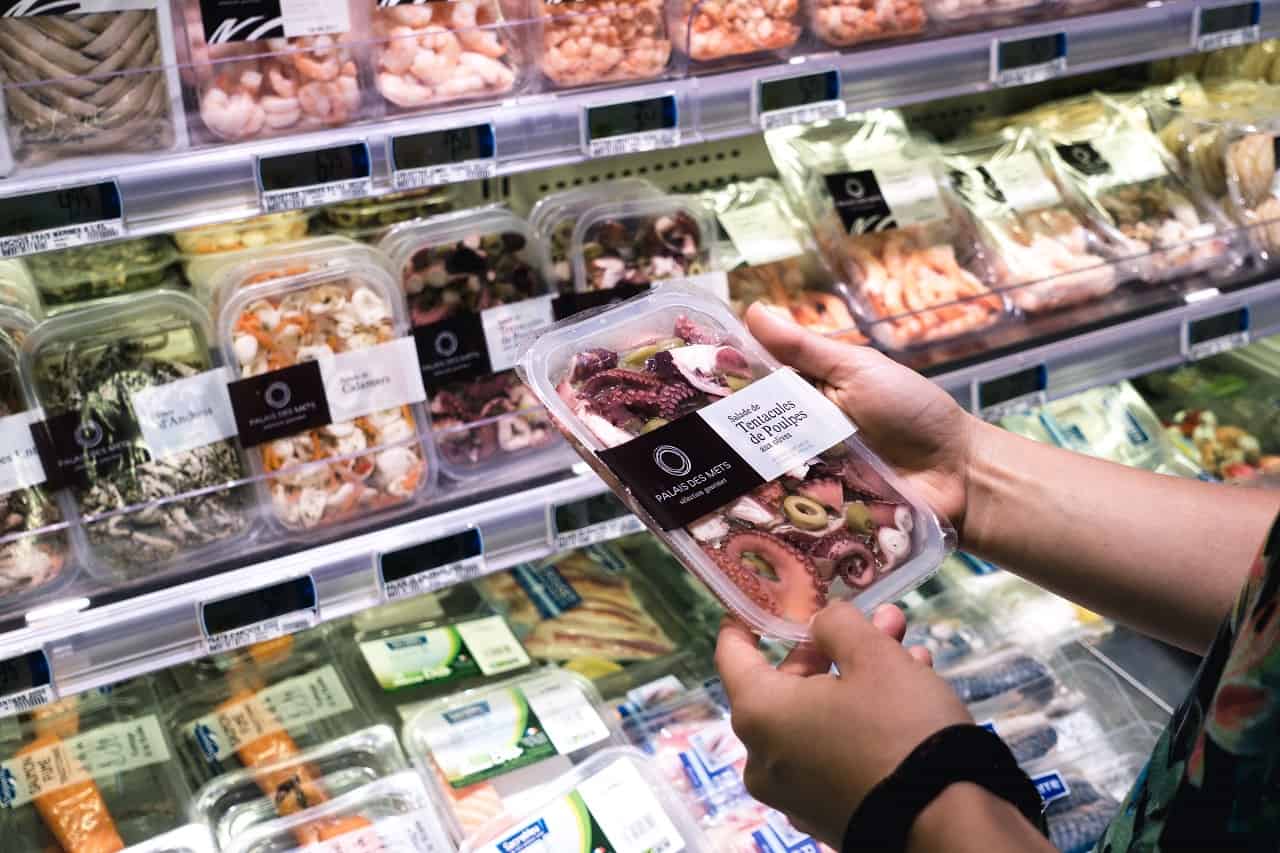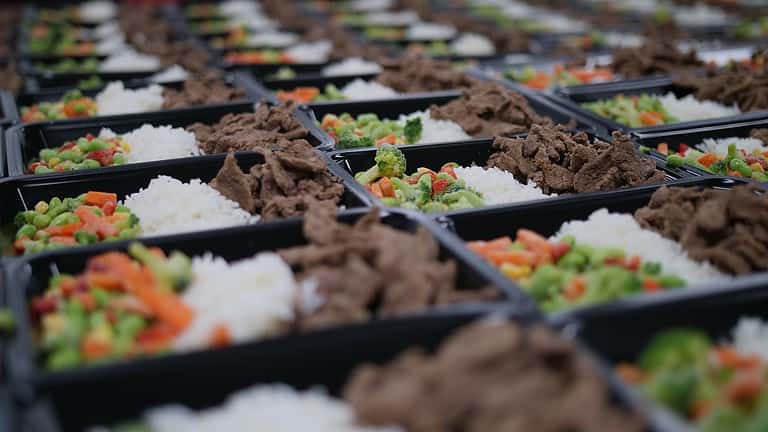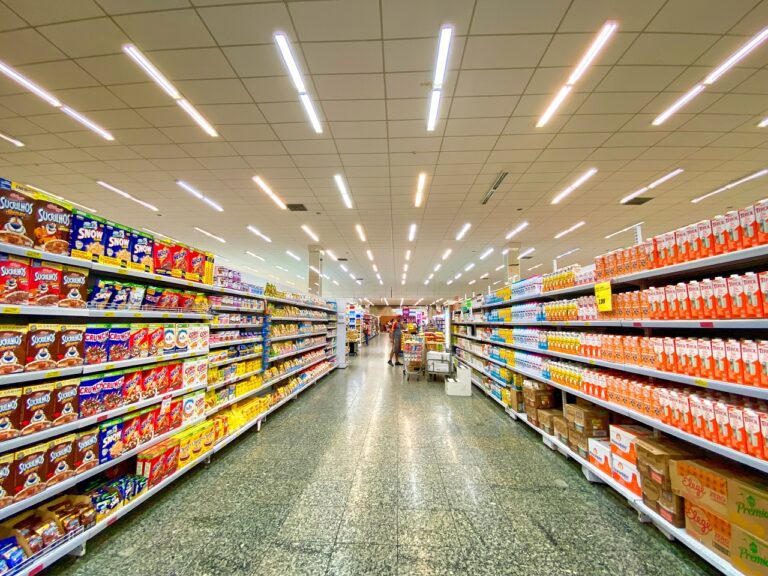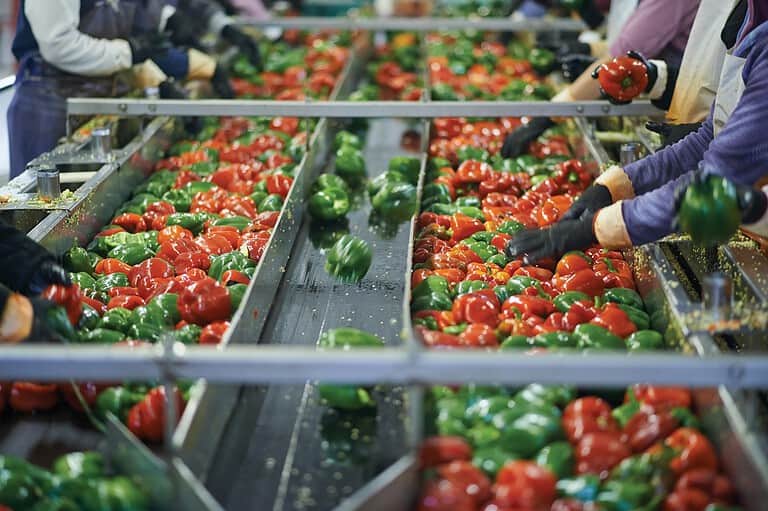Food Traceability: A Consumer’s Guide to the Changing Food Industry
The food industry is constantly evolving, and one of the most significant changes is the implementation of food traceability. Food traceability is the process of tracking food products from the farm to the table, ensuring transparency and accountability throughout the supply chain. This guide aims to inform consumers about the importance of food traceability and how it is changing the food industry.
Food traceability is becoming increasingly important in today’s society, as consumers are more conscious about the quality and safety of the food they consume. With foodborne illnesses and contamination becoming more common, food traceability provides a solution to mitigate these risks. By tracking food products from the source, food companies can quickly identify and recall contaminated products, preventing potential outbreaks.
Technology has played a significant role in the implementation of food traceability. With the use of blockchain and other innovative technologies, food companies can now track food products in real-time, ensuring complete transparency and accountability throughout the supply chain. This guide will explore the impact of technology on food traceability and how it is changing the food industry for the better.
What is Food Traceability?
Food traceability refers to the ability to track the movement of a food product and its ingredients through all steps in the supply chain, both backward and forward. This means that food traceability involves knowing where the food came from, how it was produced, processed and transported, and where it is going. The goal is to provide transparency and accountability in the food industry, which benefits both consumers and producers.
Benefits of Food Traceability
The benefits of food traceability are numerous and far-reaching. Here are some of the most significant benefits:
How Food Traceability Works
Food traceability relies on a combination of technology, record-keeping and collaboration across the supply chain. Here are some of the key components of food traceability:
| Unique identifiers | Each food product and ingredient is assigned a unique identifier, such as a barcode or RFID tag, which allows it to be tracked throughout the supply chain. |
| Record-keeping | Each step in the supply chain is responsible for keeping detailed records of the movement of the food product and its ingredients, including information on where it came from, how it was produced, and where it is going. |
| Collaboration | Effective food traceability requires collaboration across the supply chain, with each participant sharing information and working together to ensure the integrity and safety of the food product. |
Overall, food traceability is an important tool for promoting transparency, accountability and safety in the food industry. By understanding how food traceability works and the benefits it provides, consumers can make more informed and wiser choices about the food they eat and support a more sustainable and responsible food system.
The Impact of Food Traceability on the Food Industry
Improved Food Safety
Food traceability is a critical component of food safety. It allows for the quick identification and removal of contaminated products from the supply chain, reducing the risk of foodborne illness outbreaks. With traceability systems in place, food producers and distributors can easily track the origin of their products and identify any potential sources of contamination. This not only protects consumers but also reduces the financial impact of a recall on the food industry.
Increased Consumer Confidence
Traceability also increases consumer confidence in the food industry. Consumers are becoming more conscious of the food they eat and want to know where their food comes from. By providing clear and transparent information about the origin and journey of their products, food companies can build trust with their customers. In fact, a study by the Food Marketing Institute found that 75% of consumers are more likely to buy products from companies that provide detailed information about their products.
Efficient Supply Chain Management
Traceability systems can also lead to more efficient supply chain management. By tracking the movement of products through the supply chain, companies can identify areas where they can streamline operations, reduce waste and improve overall efficiency. This can result in cost savings for both producers and consumers.
Additionally, traceability can help companies respond more quickly to supply chain disruptions, such as natural disasters or transportation issues. By having a clear understanding of their supply chain, companies can quickly identify alternative sources of products and minimize disruptions to their operations.
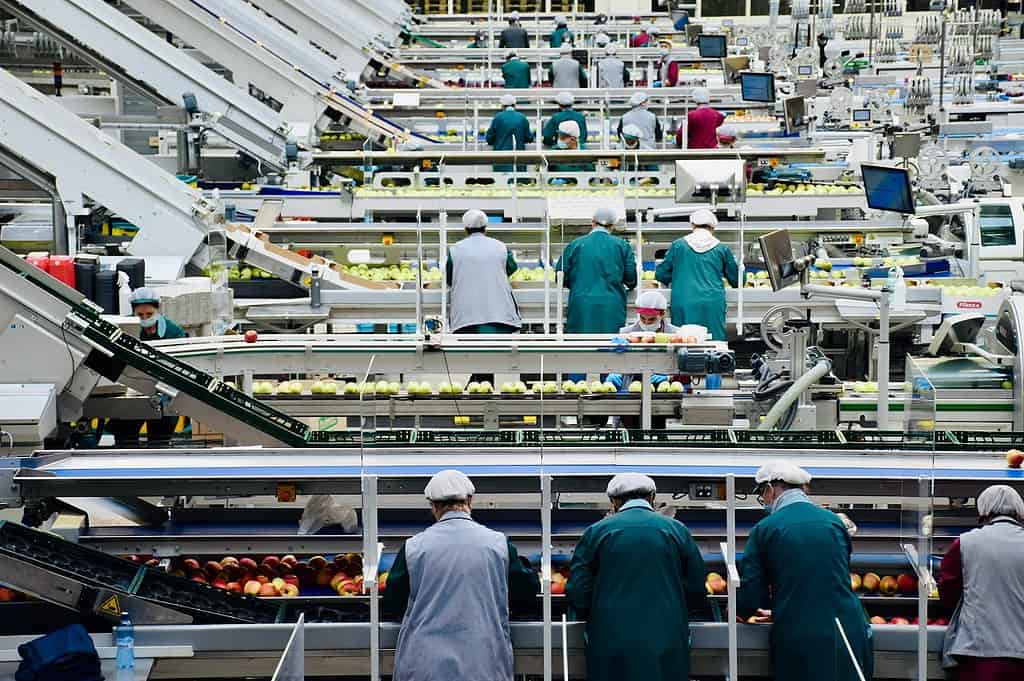
How Consumers Can Benefit from Food Traceability
Access to Information
One of the primary benefits of food traceability for consumers is increased access to information about the food they eat. Through traceability, consumers can learn about the origins of their food, including where it was grown or raised, how it was processed and what ingredients were used. This information can be especially useful for individuals with dietary restrictions or allergies, as they can ensure that the food they consume meets their specific needs.
Additionally, traceability can provide consumers with information about the safety and quality of their food. By tracking the movement of food products through the supply chain, consumers can have greater confidence in the safety and integrity of their food.
Increased Transparency
Food traceability can also increase transparency in the food industry, which can benefit consumers in several ways. By providing more information about the production and distribution of food products, traceability can help to reduce food fraud and increase accountability among food producers and suppliers.
Furthermore, traceability can help to promote ethical and sustainable practices in the food industry. By providing consumers with information about the environmental and social impacts of their food choices, traceability can encourage consumers to make more sustainable and socially responsible choices.
Ability to Make Informed Choices
Ultimately, the increased access to information and transparency provided by food traceability can empower consumers to make more informed choices about the food they eat. By understanding where their food comes from and how it was produced, consumers can make choices that align with their values and priorities.
For example, consumers who prioritize sustainability may choose to purchase food products that are sourced locally or produced using environmentally friendly practices. Similarly, consumers who prioritize animal welfare may choose to purchase products from suppliers that prioritize humane treatment of animals.
Overall, food traceability can provide consumers with a range of benefits, from increased access to information and transparency to the ability to make more informed choices about the food they eat. By understanding the importance of traceability, consumers can play an active role in promoting a more sustainable, ethical and transparent food system.
Conclusion
Food traceability is an essential aspect of the food industry that is rapidly changing the way food is produced, processed and distributed. With consumers becoming more conscious about the food they eat, food traceability has become a vital tool in ensuring food safety and quality.
Through food traceability, consumers can trace the origin of their food, the production process and the ingredients used. This information helps consumers make informed decisions about the food they consume and it also helps food companies identify and address any issues that may arise in the production process.
Food traceability is also beneficial to food companies as it helps them establish trust with their customers, improve their supply chain management and comply with regulatory requirements. With the use of technology, food traceability has become more efficient, accurate and cost-effective.
As a consumer, it is crucial to be aware of food traceability and demand transparency from food companies. By doing so, consumers can ensure that the food they consume is safe, of high quality and produced ethically and sustainably.

